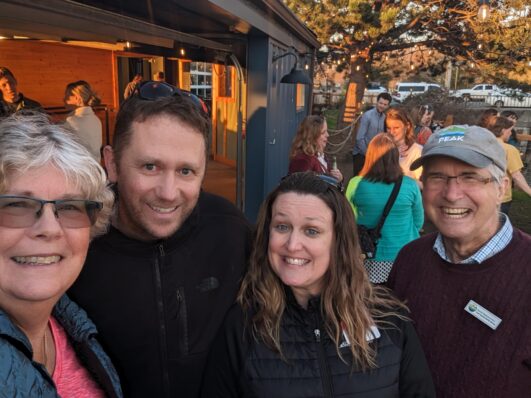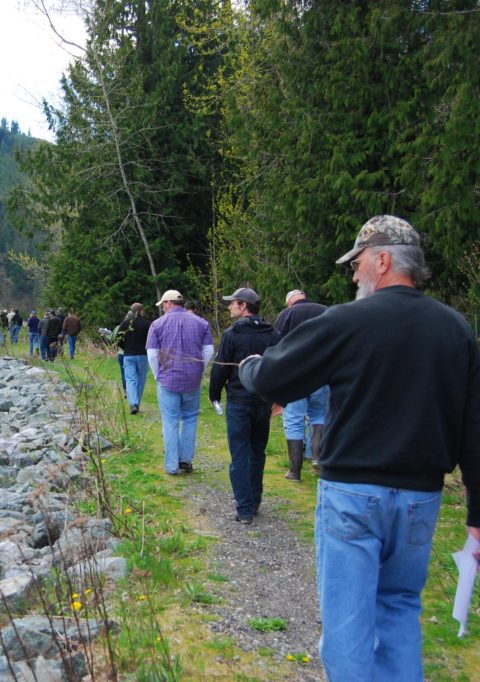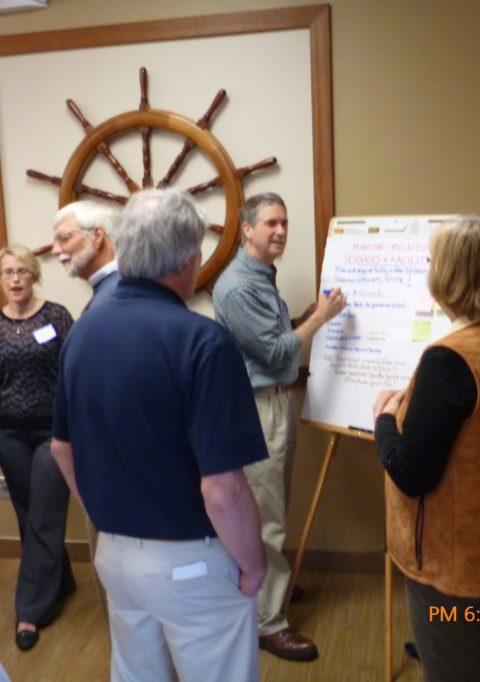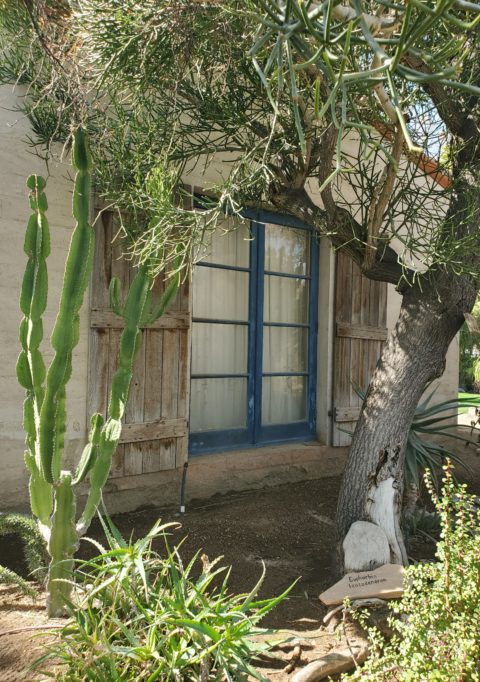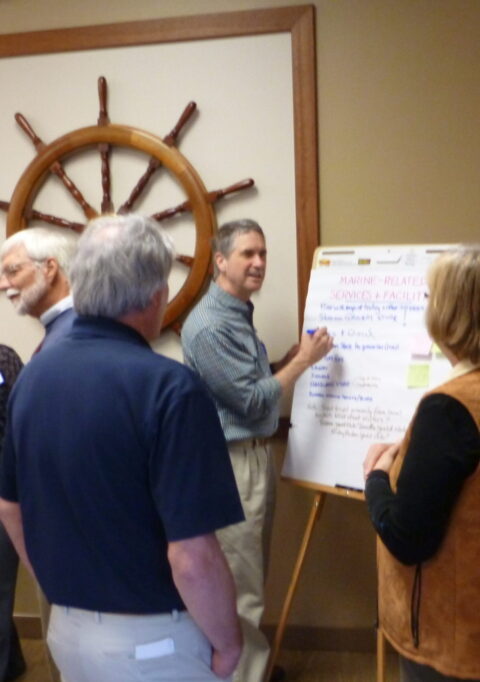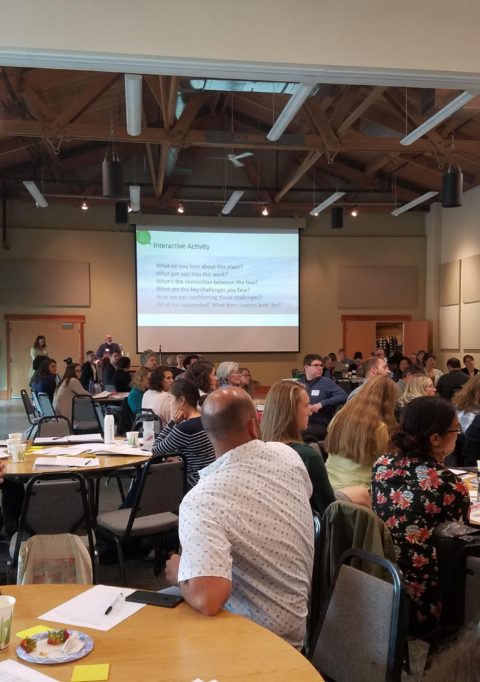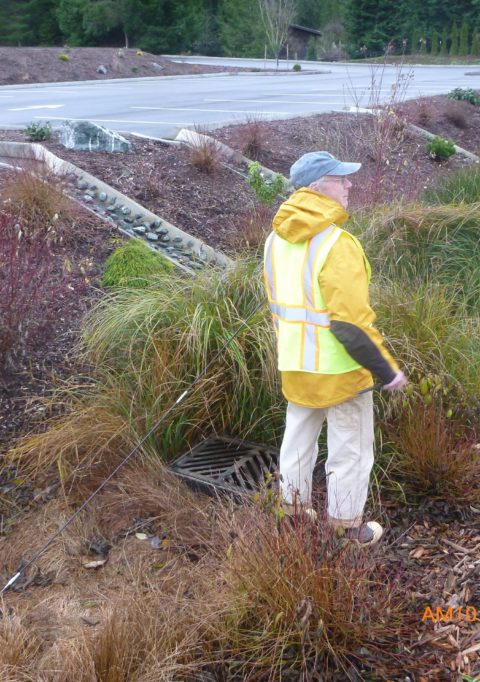Vancouver, Wash. – Maul Foster & Alongi, Inc. (MFA), a leading Pacific Northwest multidisciplinary firm, is excited to announce the acquisition of Peak Sustainability Group, a respected Bellingham, Washington-based firm specializing in climate change and sustainability services. The acquisition of Peak reflects MFA’s ongoing commitment to environmental stewardship and sustainable business practices. This partnership enables MFA…
Increasing Soil Health: Resilience to Drought and Extreme Rainfall
Increasing Soil Health: Resilience to Drought and Extreme Rainfall
No-till and cover crops can help stabilize yields, improve agricultural productivity, and build resiliency through increased soil organic carbon content and soil water storage.
Extreme weather events, such as extended drought and heavy precipitation, are out of landowners’ and growers’ control; but through effective soil health management systems they can better manage how they prepare for and react to these circumstances.
- Healthy soil allows more water to infiltrate and retains more moisture, enabling it to effectively absorb extreme rainfall as well as support crops during droughts.
- Adopting soil health systems before extreme events hit can save farmers significant time and money in the long run and preserve the vitality of their soils for many years to come.
- Employing soil health systems by using practices such as no-till and cover crops, can help stabilize yields, improve agricultural productivity, and build resiliency through increased soil organic carbon content and soil water storage.
- These practices also benefit the environment, reducing nutrients lost through run-off, replenishing aquifers, and also acting as a natural filter for our waterways.

